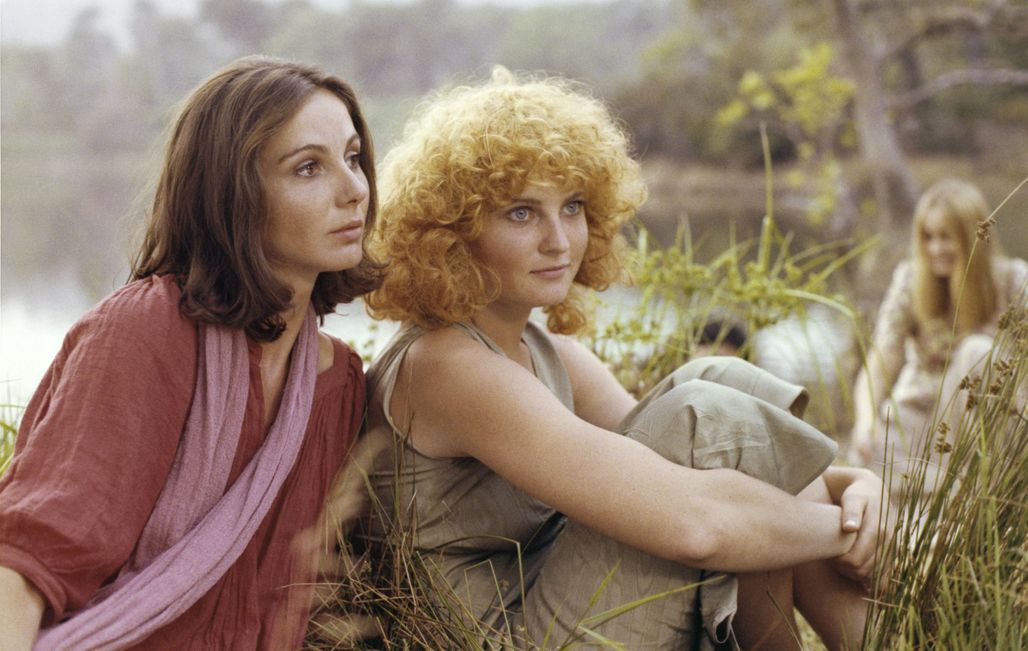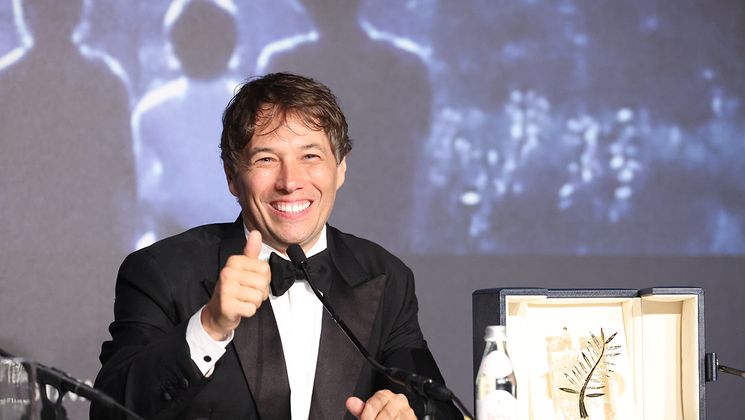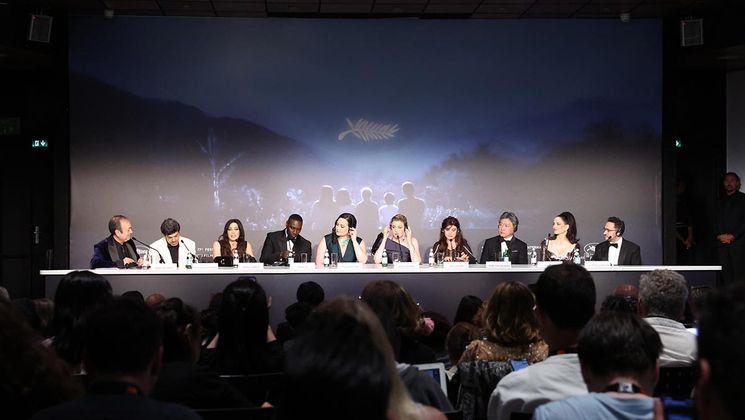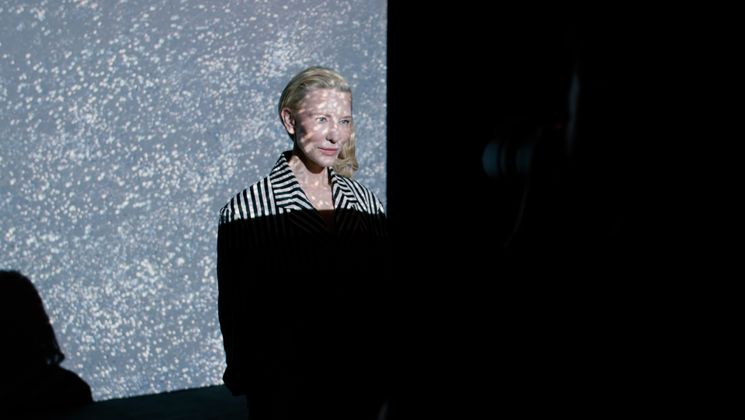
One Sings The Other Doesn’t: Agnès Varda’s feminist letter

In 1976, Agnès Varda made a profoundly feminist film about the trajectories of two female friends in the context of women's struggle for the legalisation of contraception and abortion. The filmmaker, who presided over the Caméra d’or Jury in 2013 and was awarded a Palme d’honneur for her life's work in 2015, sent our journalist a text evoking the context of the feature film L’Une chante, l’autre pas (One Sings The Other Doesn't), which will be presented by Agnès Varda in the Cinéma de la Plage series.
Dear Benoit,
If I were to answer all your questions, it would be enough for a book. So I suggest that I just give you a few answers that touch on some aspects of your questions.
After writing several scripts (rejected) on women's issues, about contraception and abortion, I wrote L’Une chante, l’autre pas (One Sings the Other Doesn't). The film was made "at home" at Ciné-Tamaris.
The project was to give an account of individual and collective actions undertaken by women over the decade between 1965 and 1975 in relation to contraception, which was illegal, and abortion, which was also punished. I wanted to be a witness to these struggles, demonstrations and other actions that often took place in a cheerful atmosphere and a spirit of positive communication, with men as well as women.
By chosing two women with different temperaments, Suzanne (who already has two children and cannot accept the prospect of expecting a third) and Pomme (a rebellious and militant singer), I wanted to evoke the different approaches to this struggle through fiction.
There were partial documentaries about everything that was happening at that time but fiction gave me the scope for a more precise rendering of the situations, events and different reactions of the two characters. Valérie Mairesse plays Pomme, a young activist, with her energy and her upbeat and adventurous personality. On the other hand, Thérèse Liotard gives a more classical rendering of a woman who is trying to rebuild her life and regain her identity and who wants to help others as well.
The feminist messages were expressed through the songs for which I wrote the lyrics. The Orchidée trio composed the music and performed the songs with a contemporary singer, François Wertheimer, who played the role of an itinerant musician. He also composed the classical film score.
Some scenes made reference to the trial in Bobigny, which was decisive because the lawyer Gisèle Halimi succeeded in getting a discharge for a young woman who had an abortion. Powerful and widespread pressure came from the women demonstrating around the courthouse (I was there) and from the manifesto signed by 343 women who had abortions and were consequently liable for prosecution (I was one of them). This manifesto was brandished in the courtrooms and of course during the Bobigny trial. It was very good of Gisèle Halimi to accept to appear for a half-hour in the film, where fiction is very close to reality.
When it was released, the film was very well received in France and especially supported by women. It received considerable press coverage as well as debates and reactions from men who were surprised by the vitality and cohesion of this collective struggle.
For the re-release of the film, Ciné-Tamaris has reprinted a facsimile of the 1977 press kit, which was both entertaining and serious. We added several colour pages and revived the original dreamy poster created by Michel Landi.
I have great memories of the preparation work for this film, the film shoot and all the joyful and colourful set creations of the decorator Franckie Diago. I would like to mention the appearance of my children in the film: Mathieu Demy, at the age of four, walking with Wertheimer and, in the last shot of the film, 18-year old Rosalie Varda Demy, who represents the future for women.
The film was screened at the Taormina Film Fest where it won the Grand Prix. Valérie Mairesse and Thérèse Liotard were there with me, jubilant in front of an enormous crowd in the ancient Greek theatre.
The screening this spring at the 2018 Festival de Cannes on the big screen of Cinéma de la Plage makes me very happy and I am sorry that these women and the other protagonists of the film cannot all be there with me. I will be thinking of them all.
Agnès Varda


